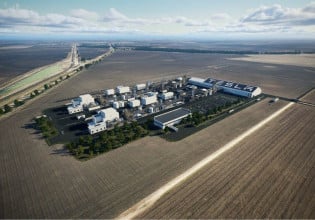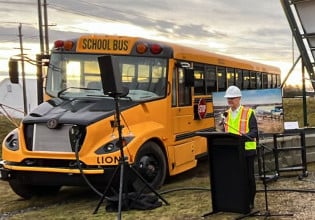Delta Air Lines Inc. cancelled hundreds of flights and delayed many others yesterday after a power outage shut down its main datacenter in Atlanta, Georgia. Initial reports blamed the power outage on Georgia Power, the local utility. However, the power outage occurred after a switchgear in the datacenter malfunctioned for reasons that were not immediately clear, according Georgia Power spokesman John Kraft.
According to a report by Reuters, quoting industry analyst and former airline executive Robert Mann, Delta was probably running a routine test of its backup power supplies when the switchgear failed and locked Delta out of its reserve generators as well as from Georgia Power, said. That would result in a shutdown of Delta's data center, which controls bookings, flight operations and other critical systems.
Georgia Power, a unit of Southern Co which provides electricity to most counties in Georgia, earlier sent a team to investigate, Kraft said. The problem has not affected other Georgia Power customers, he said.
The power outage at Delta’s Atlanta headquarters occurred at 2:30 a.m. ET and the airline was forced to hold hundreds of departing planes on the ground starting at 5 a.m., according to Ed Bastian, the chief executive, who apologized to customers on a video.
A Delta spokeswoman declined to comment when asked about backup systems. The power outage in Atlanta affected flight status displays, the carrier’s website, and both mobile and on-the-ground airport software tools.
This is the second-largest disruption at a U.S. airline in the past four weeks, following Southwest’s recent computer failure that led to the cancellation of over 1,000 flights. In the case of Southwest, the problem was not caused by a power outage, it was the result of a router failure that took the airline’s computer systems offline and non-functioning for an extended period.
The router, like the thousands of others housed there, had a backup system in place. But according to Southwest's CEO Gary Kelly, the unique way the router failed, what he described as a "partial failure," didn't signal the backup that it was needed, allowing a singular disruption to metastasize into a crisis.






